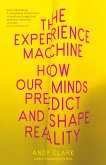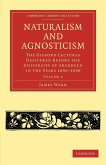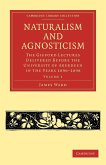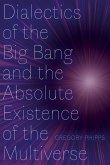Hans Reichenbach (1891-1953) was a formidable figure in early-twentieth-century philosophy of science. Educated in Germany, he was influential in establishing the so-called Berlin Circle, a companion group to the Vienna Circle founded by his colleague Rudolph Carnap. The movement they founded-usually known as "logical positivism," although it is more precisely known as "scientific philosophy" or "logical empiricism"-was a form of epistemology that privileged scientific over metaphysical truths. Reichenbach, like other young philosophers of the exact sciences of his generation, was deeply impressed by the far-reaching changes in physics brought about by Einstein's special and general theories of relativity. Reichenbach responded to scientific advances by doing fundamental work in space-time theories, in quantum mechanics, in statistical mechanics, and in the development of probability theory-making him the most important philosopher of physics in the first generation of logical empiricism. Forced from his academic position by the Nazi race laws in 1933, Reichenbach wrote Experience and Prediction at the University of Istanbul, where had had fled, expressly to introduce logical positivism to English speakers. In the two decades following World War II, during the explosion of scientific advances in North America, logical positivism was the reigning theory of the philosophy of science and Reichenbach was at the peak of his career. But, inevitably, support for logical positivism began to wane as it became obvious that the justification of scientific theories could not be entirely resolved by relying on strictly formal, technical processes. The growth of the discipline of the history of philosophy of science, which has created an audience of scholars eager for seminal classics in scientific philosophy, and the evidence supporting a historicist paradigm within logical positivism are two important reasons to make Experience and Prediction available once again.
Hinweis: Dieser Artikel kann nur an eine deutsche Lieferadresse ausgeliefert werden.
Hinweis: Dieser Artikel kann nur an eine deutsche Lieferadresse ausgeliefert werden.









